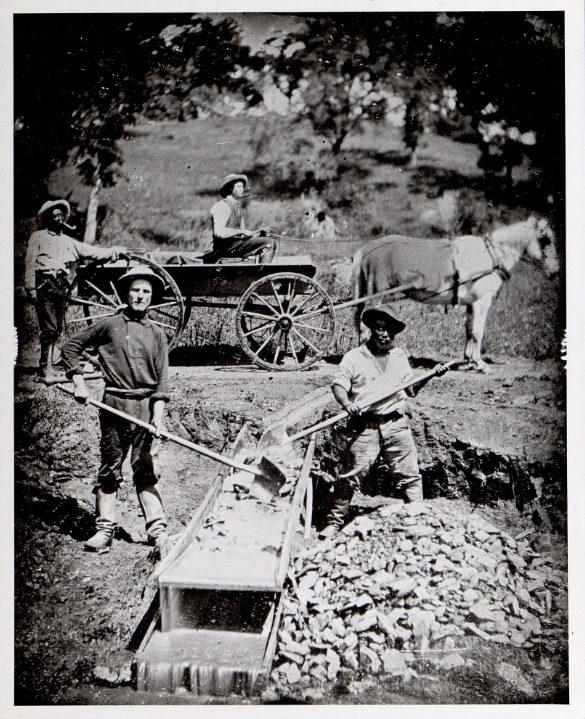African American Discrmination
Discrimination against African Americans
Compared to other populations, African Americans were small in number, therefore there were no organized campaigns formed in order to drive them out of the mines. However, they still faced other challenges like equality and social justice. Among these challenges included gaining freedom from slavery, the right to testify in court, and suffrage rights. In 1850 to 1851, the California legislature enacted laws regarding crimes and punishments where indigenous people and Black people were prohibited from providing evidence in favor of or against a white person. Even California’s first governor, Peter H. Burnett, was biased against African Americans which is shown when he tried to pass a bill that would outlaw the immigration of free African Americans into the state. California entered the union as a free state. Burnett's hostility toward free Blacks remained throughout his residency as governor.
